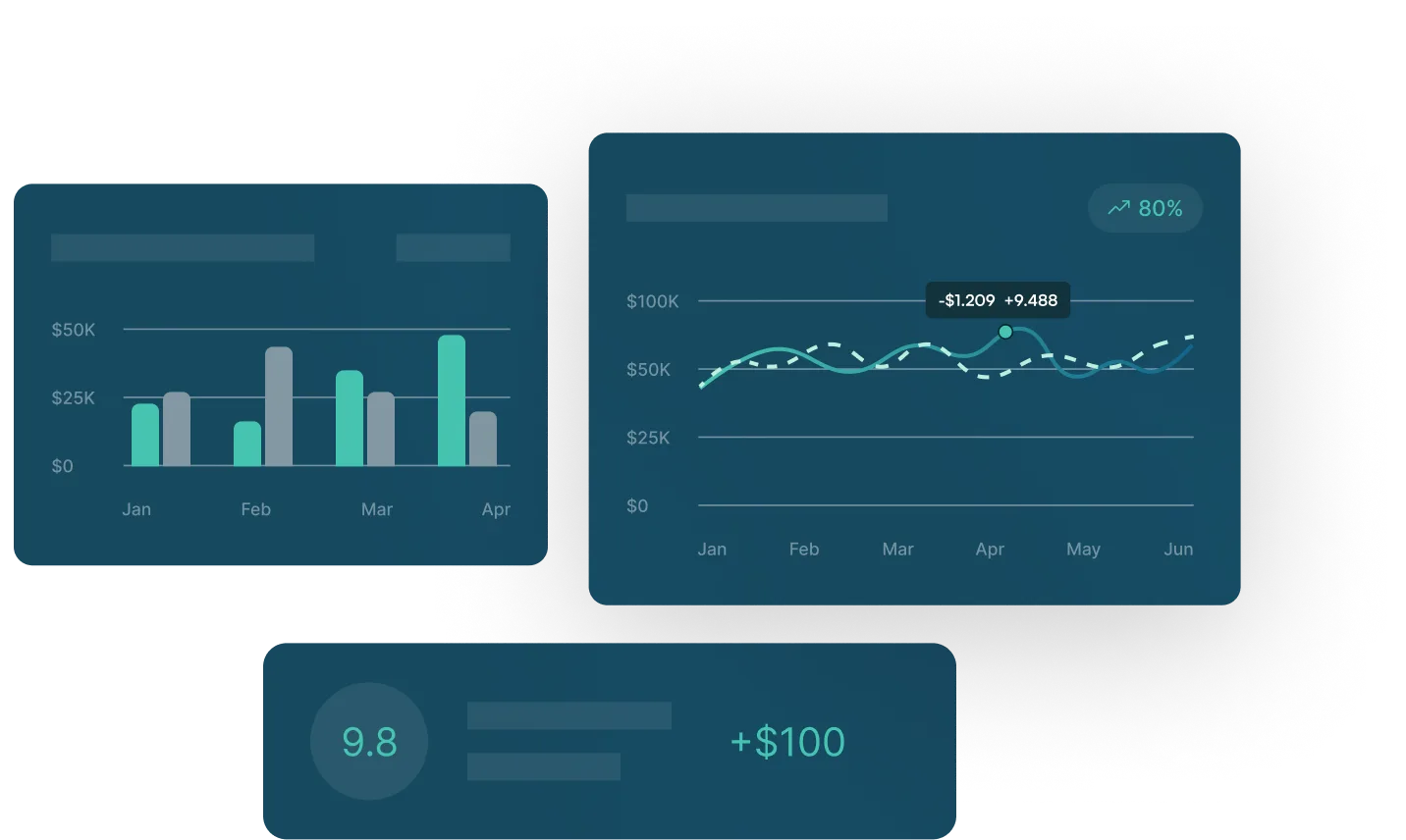Achieve The Clarity to Act with total control of your treasury operations using industry-leading modular solutions spanning cash visibility, forecasting, and netting, to assessing and managing risk. Gain cash visibility and forecasting in 90 days.

The World’s Most Adaptable Treasury Platform
Cash Visibility
Connected Banks
Payments Volume
%202.svg)
SEAMLESS INTEGRATION
Intelligent Connectivity by ClearConnect

Any Bank. Any ERP. Anytime. Anywhere.

Rapid Time to Value in 90 Days.

AI-driven Orchestrated Data Connections.

No Need to Struggle with Cumbersome, Monolithic Systems.


Flexible treasury solutions that evolve with you
Solutions for Today’s Needs, Adaptable for Tomorrow’s

Designed for every stage of treasury complexity.

90% of CFOs state Cash Visibility as their #1 concern.

Be up and running in 90 days with Cash Visibility and Cash Forecasting.
OUR SOLUTIONS
Discover How We Help CFOs and Treasury Teams

Total Cash Visibility
Gain comprehensive visibility into your global cash positions, ensuring optimal liquidity management across all accounts and entities.

Effective Cash Forecasting
Achieve precise, real-time cash forecasts that empower you to make informed financial decisions and avoid costly surprises.

Enhance Capital Efficiency
Maximize returns and minimize risk by efficiently managing debt and investment portfolios with real-time insights, empowering CFOs to make informed, strategic decisions.

Assess and Mitigate Risk
Mitigate exposure to foreign exchange and interest rate risks with integrated hedging strategies that safeguard your balance sheet.

Reduce Costs with Netting
Streamline your cash flow with automated netting processes that minimize transaction costs and enhance efficiency.

Streamline Payments
Automate and centralize your payment processes to reduce manual errors, enhance security, and drive efficiency across your entire organization.
Complete Treasury Management System

Designed for every stage of treasury complexity.

Be up and running in 90 days with Cash Visibility and Cash Forecasting. Because optimizing liquidity can’t wait.

of CFOs state Cash Visibility as their #1 concern.

Our clients have more to say than we do!


“We should have done this earlier,” said Eveline. “It’s been smarter. I can go in there (into CashAnalytics) and see the clients that are paying, and that’s really nice to have in one place.”
First Last
Position, BearingPoint

“We should have done this earlier,” said Eveline. “It’s been smarter. I can go in there (into CashAnalytics) and see the clients that are paying, and that’s really nice to have in one place.”
First Last
Position, BearingPoint

“We should have done this earlier,” said Eveline. “It’s been smarter. I can go in there (into CashAnalytics) and see the clients that are paying, and that’s really nice to have in one place.”
First Last
Position, BearingPoint

“We should have done this earlier,” said Eveline. “It’s been smarter. I can go in there (into CashAnalytics) and see the clients that are paying, and that’s really nice to have in one place.”
First Last
Position, BearingPoint

“We should have done this earlier,” said Eveline. “It’s been smarter. I can go in there (into CashAnalytics) and see the clients that are paying, and that’s really nice to have in one place.”
First Last
Position, BearingPoint

Your Success is Our Priority
Expertise and Support—We Do the Hard Work for You.
As the global industry leader in Treasury solutions, GTreasury provides you with unmatched expertise and ensures your continued success through dedicated guidance and top-tier support.
Customer Support that places your success front and center.
See GTreasury in Action
Get connected with supportive experts, comprehensive solutions, and untapped possibility today.












































.jpeg)
.jpeg)


.jpeg)


.png)


.png)









.png)















.png)






























.jpeg)

.png)
.jpeg)



.jpeg)











